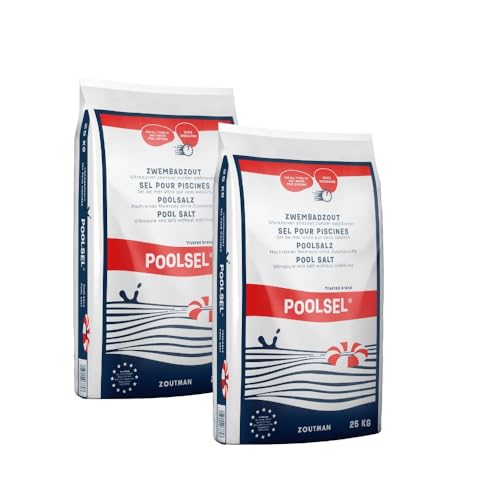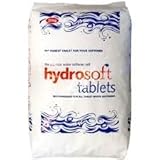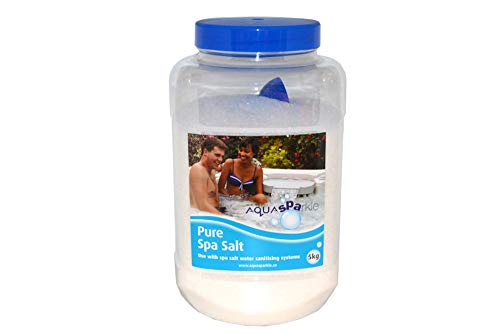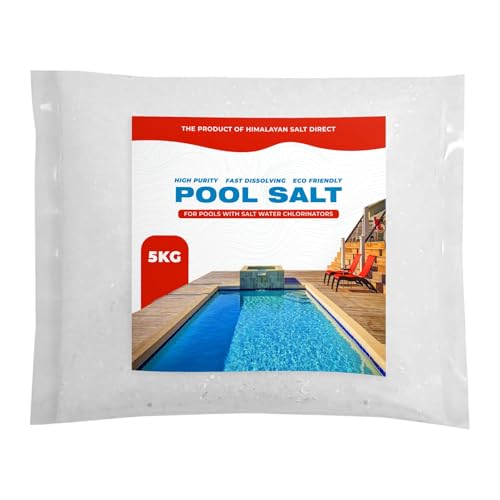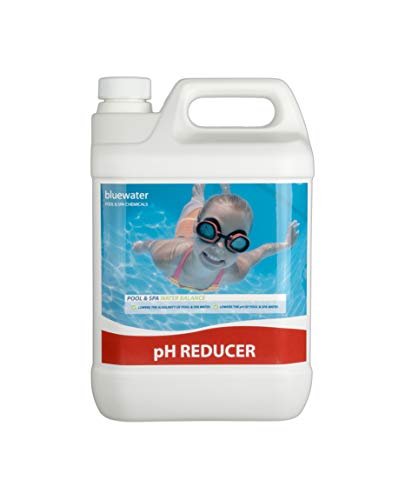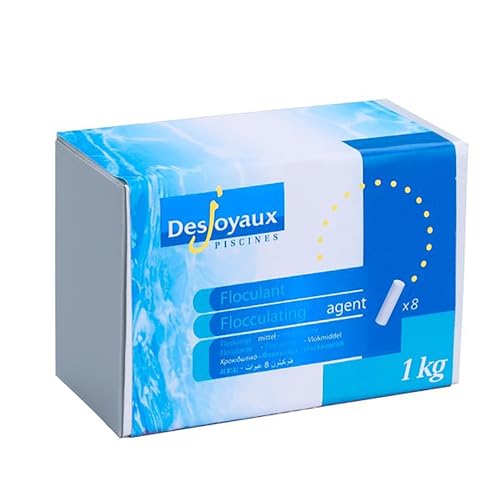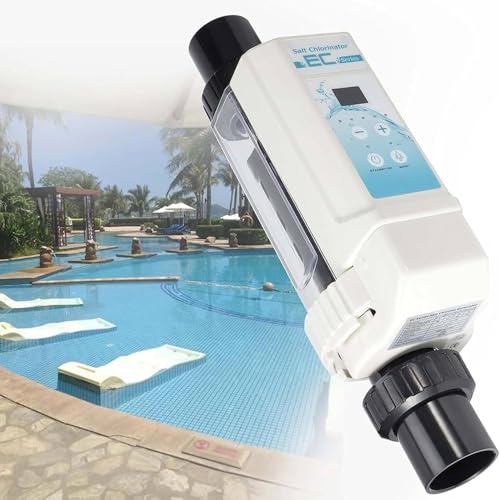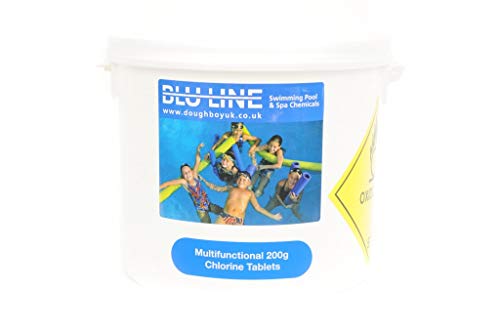What is Pool Salt and How Does It Work?
Understanding Pool Salt
Pool salt is a specially formulated salt designed for use in saltwater swimming pools. Unlike table salt, which is often treated with additives, pool salt is typically pure sodium chloride. It works through the process of electrolysis in saltwater chlorinators. When salt is dissolved in water, the chlorinator generates chlorine gas, which dissolves in the water, creating hypochlorous acid and hypochlorite ions. These substances are what keep your pool water clean and free of harmful bacteria.
The Role of Salt in Water Chemistry
In a saltwater pool, the water itself acts as a natural chlorine generator. The constant cycling of the water through the chlorinator allows for a steady supply of chlorine, providing effective sanitation without the need for traditional chlorine tablets or liquid. Additionally, the balanced pH of the pool salt helps protect your skin and eyes from irritation that can be common with conventional chlorine pools.
Why Choose Pool Salt for Your Swimming Pool?
Benefits of Saltwater Pools
One of the main advantages of using pool salt is the reduced need for harsh chemicals. This not only makes your water gentler on skin and eyes but also creates a more pleasant swimming experience. Saltwater pools tend to have softer water, which can feel more comfortable compared to traditional chlorine pools. Moreover, maintaining the water quality in a saltwater pool can be easier, as the continuous generation of chlorine helps to keep the pool clean with minimal effort.
Cost-Effectiveness in the Long Run
While the initial investment in a saltwater system may be higher due to the purchase of a saltwater chlorinator, the long-term savings on chemical costs can make it a financially savvy choice over time. Additionally, you may notice lower maintenance costs as the automatic chlorination system requires less manual intervention. This means fewer trips to the shop for chemicals, allowing you to spend more time enjoying your pool.
How to Select the Right Pool Salt for Your Needs?
Types of Pool Salt Available
When selecting pool salt, you’ll find various types, from solar salt to evaporated salt and mined salt. Solar salt, derived from evaporating seawater, is generally the most common and cost-effective choice. Evaporated salt is purer but often comes at a higher price tag. Mined salt tends to be used in larger quantities and is less refined; while it can be a good budget option, it might leave behind some deposits.
Checking for Purity and Additives
Always look for pool salt that is free fromantimicrobial and anti-cakingadditives, as these can negatively affect your pool chemistry and overall water quality. High purity levels ensure not only the efficiency of your chlorinator but also a balanced and healthy swimming environment. It’s essential to read labels carefully and choose products specifically made for pool applications rather than food-grade salts.
Top Recommendations for Pool Salt Products
Best-Selling Options
While there’s a wide range of pool salt products on the market, we recommend starting with highly rated brands known for their purity and effectiveness. Leading options include solar salt from reputable suppliers, which is commonly acknowledged for its cost-effectiveness and ease of use. Another great choice is evaporated pool salt for those prioritising purity and minimal residue in their pools. These products typically come in big bags, making it convenient to stock up based on your pool size and needs.
Buying Tips for Pool Salt
In addition to selecting a reputable brand, buying in bulk can often save money in the long run. Check trends in your area or seasonal sales to stock up when prices are lower. If you’re unsure about estimates, consult with your pool professional for guidance tailored to your specific setup.
Tips for Maintaining Your Saltwater Pool
Regular Testing of Water Chemistry
To ensure optimal performance of your saltwater system, it’s essential to regularly test your pool’s water chemistry. This includes checking the salinity levels, which should ideally be between 3000-4000 ppm for most salt systems. Alongside salinity, monitor the pH, alkalinity, and chlorine levels to maintain a balanced environment.
Maintaining Equipment and Hygiene
Despite its ease of maintenance, a saltwater pool still requires regular cleaning and equipment checks. Periodically inspect your chlorinator for calcium buildup, as this can hinder its performance. Ensuring that your pool surfaces are clean and free from debris is necessary, as this helps your system run more efficiently and enhances the overall swimming experience.
